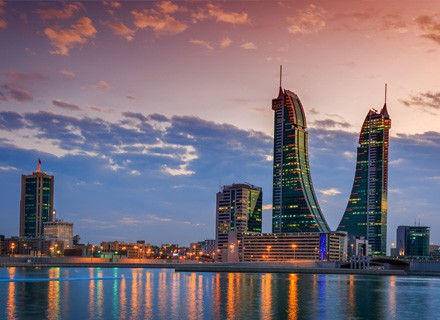Economies of the Gulf Cooperation Council (GCC) is expected to grow at a rate of 2.2 percent this year after a 4.8 percent contraction last year due to the Covid-19 pandemic and lower oil prices, according to a report released by the World Bank titled ‘Covid-19 pandemic and the road to diversification.” The growth is supported by the global economic recovery, projected at 5.6 percent and the revival of global oil demand and international oil prices.
The Covid-19 pandemic and the decline of global oil demands and prices sent the GCC countries in a commodity market shock that resulted in a contraction of 4.8 percent of the gross domestic product (GDP).
Additionally, fiscal deficits are also projected to persist for most over the forecast period. Three countries that reported the largest deficits are Kuwait, Bahrain, and Oman. While these three are projected to remain in deficit at least till 2023, but the situation will be much better than what it was observed in 2020.
The World Bank in its report mentioned that the recent progres made duee to the rollout of Covid-19 vaccines globally along with the revival of production and trade worldwide, the prospects for an economic recovery a lot stronger now than at the end of last year.
The report also mentioned that the UAE is estimated to grow at 1.2 percent and will jump to 2.3 percent in 2022 and 2023 aided by government expenditure and the Dubai Expo 2020.
Issam Abousleiman, World Bank Regional Director of the GCC Countries told the media, “While the GCC has done a lot in the last year to contain the effects of the pandemic on their economy, including procuring vaccinations early on, they must continue to reform their public sector finances. The region needs to strengthen their competition policies to harness the benefits of telecommunications and the digitalization of economic activity.”

